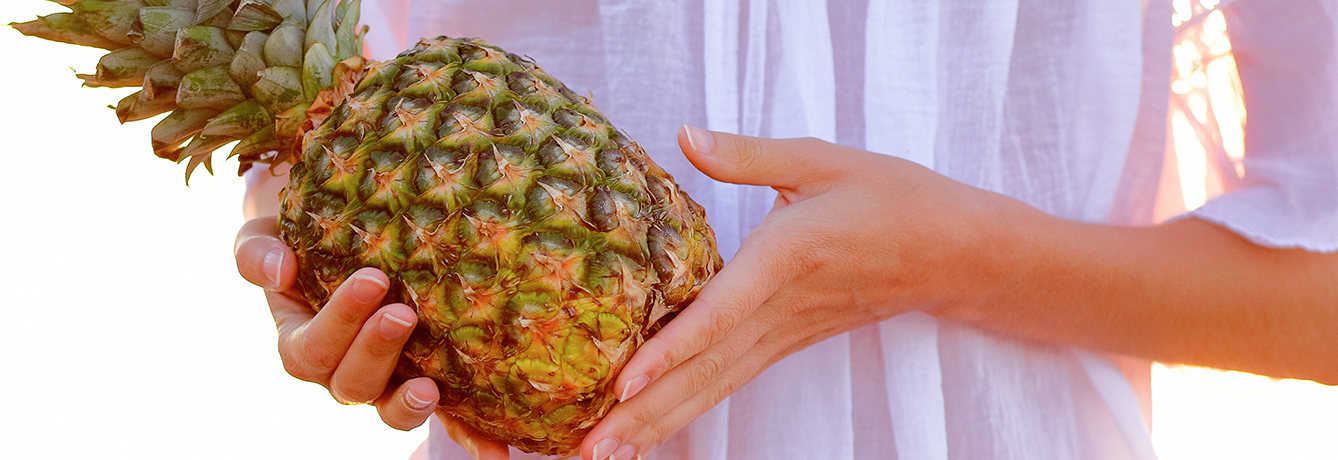As summer rolls along, you’re likely soaking in the sun, even if you’re not consciously working on your tan.The cost of over-toasting your skin, of course, is an increased risk of skin cancer — the most common cancer in the U.S., with over 3.5 million new cases diagnosed annually. Could sweet juicy pineapple contain the key to keeping such cancers at bay? A recent study published in the journal Cancer Letters suggests the pineapple enzyme bromelain might offer some protection. Indian researchers compared the incidence of tumors among mice predisposed to skin cancer after bathing some of the animals in bromelain. The bromelain-treated mice enjoyed a 66% drop in the number of tumors they eventually developed — and even those tumors were 35% smaller than they would otherwise have been. Plus, 30% of the bromelain group never developed tumors at all (all the mice without bromelain eventually had some skin cancer).
More research is needed to confirm similar benefits for humans, so don’t go slathering yourself with pineapple juice just yet. But science has indentified the potential benefits of bromelain that may come with eating pineapple, including asthma relief, joint health, protection against ulcerative colitis (a precursor to colon cancer), and faster wound healing.
Other foods which may give you an edge against summer’s intense rays: sweet potatoes, carrots and kale (top sources of beta-carotene, which may help defend skin cells against UV radiation), guava, watermelon and tomatoes (top sources of lycopene, which offers some protection against sunburn), red bell pepper, kiwis and broccoli (top sources of vitamin C, linked to fewer signs of skin aging).
Bonus: Save your skin with frequent exercise. A University of Washington study found those who exercise five to seven days a week enjoy a lower melanoma risk.



